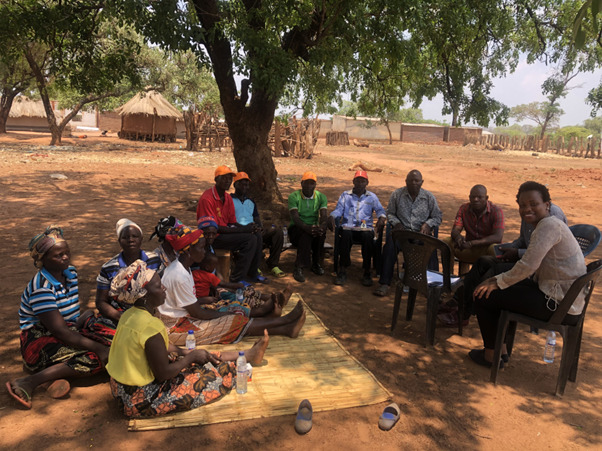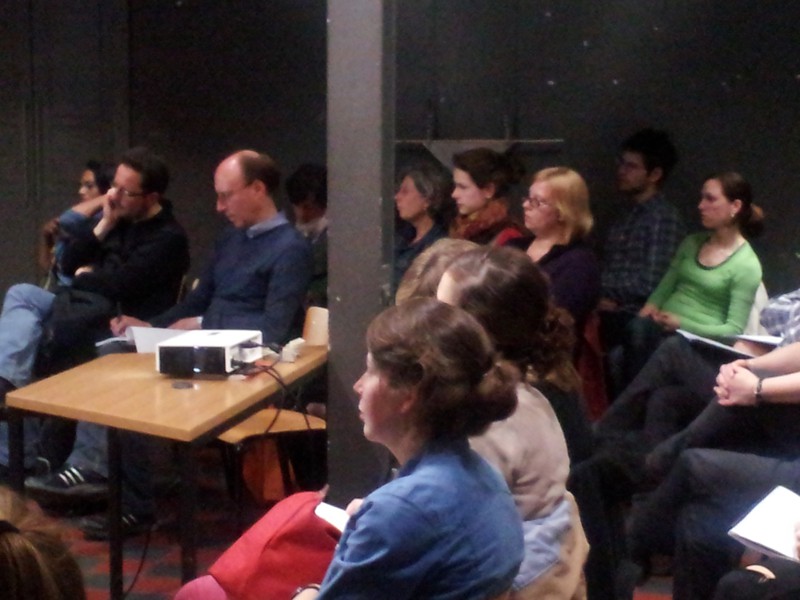News from our colleagues of ICRH Mozambique

Male involvement in maternal health in Maputo An increasingly high-quality service that is closer to teenagers And more news from ICRH Mozambique
News from ICRH Mozambique
Male involvement in maternal health in Maputo
Evidence has suggested that male partner involvement during pregnancy improves maternal health indicators. However, male involvement in maternal health, indicated by the partner's presence in maternal care, remains low in Mozambique. Among the factors that limit the presence of men in maternal health, barriers linked to stigma and gender norms stand out. The presence of men in maternal services is associated with HIV and the perception that maternal health is a matter for women. Read more.
SAAJ – An increasingly high-quality service that is closer to teenagers
As part of the project ‘Leave no adolescent behind: improving access to inclusive, gender-sensitive and qualitative sexual and reproductive health services in Tete Province’, ICRHM carried out an exploratory investigation to assess the perception of users and health providers on the quality of SAAJ services in the districts of Angónia, Moatize and Tete city. The results are available and can be accessed here.
Chat without taboos: end of project study shows encouraging results
To assess adolescents' knowledge and practices in relation to sexual and reproductive health, after 4 years of project implementation, ICRHM carried out a cross-sectional quantitative survey from November 2022 to March 2023, involving adolescents aged 10 to 19 years in the districts of Magude and Moamba, Maputo province, and the results are encouraging. Read more.
Field study to generate evidence for access to maternal health care in Tete
The first phase of basic research within the scope of the implementation of the ‘Happy Women, Happy Babies’ project in Tete Province aims to provide information on the main determinants of maternal, neonatal and child health in the Marávia and Zumbo Districts (sites of implementation of the Tete Project Program). The research uses mixed approaches among women using maternity services: a qualitative approach using in-depth interviews and community focus group discussions, involving a range of community stakeholders, including men and women of reproductive age, community influencers and healthcare providers. Read more.



